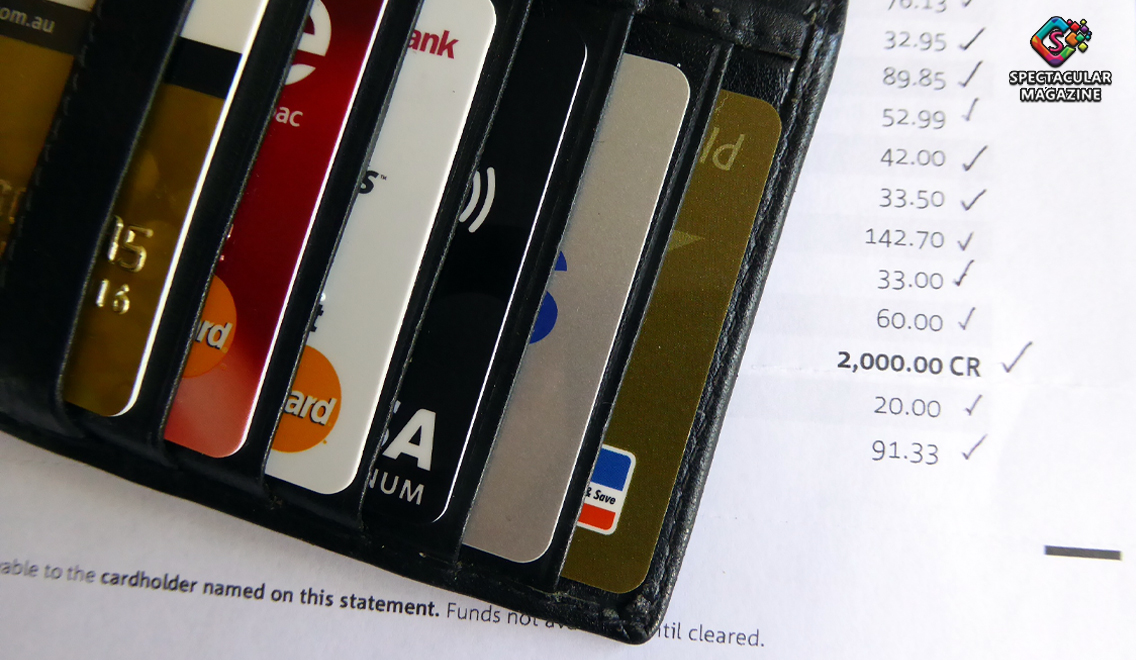Quick-Start Guide To Getting Out Of Debt In 2020
Getting out of debt isn’t something that you can do without planning it. It is something that requires a plan, and then your determination to execute the plan. You won’t clear it by simply doing what you are doing. Saving a little here and there can help, but really, it is all about planning to pay off your debts, and then you will have an aim and a focus. But when you still have things that you need to pay for, and can’t just spend all your earnings on clearing your debt, what is the best approach to have? Here are some things to think about.
Gather the data on you
If you want to start by getting out of debt, then you need to have a clear understanding of exactly where you stand. You won’t be able to make a proper plan if you don’t have a clear picture of what debts you have and what is expected. So for all of your cards and loans, including any student loans, you need to get your most recent and up-to-date statements ready. These will help you to calculate the total sum, as well as checking what interest rates are.
Other data to gather is information around your credit reports. When you do this, you can check how accurate it all is, and see what ‘marks’ are against your name. If there are some that are incorrect, then you could see www.DTSS.us status correction for more information on how you can correct the errors. Another aspect to gather information on is your credit score, and if you have the right kind of score that could qualify you for a debt consolidation or low-interest loan, for example.
List income and debts
Following on from the first step and the list of current debts that you have, as well as interest rates, will allow you to work out your monthly debt, and what you are accruing in interest. Then you will be able to combine it with your income, to see what realistically you can pay off each month. You should also remember to include things like money that you owe to family, medical bills, other bills, and your regular costs too like groceries and your energy bill. With these amounts, you will be able to have an insight into how much you need to lower your interest, or how much you’ll be able to pay over the minimum.
Lower the interest that you pay
There are a number of ways that you can lower the interest rate that you pay. For many people, if they weren’t paying interest, they would be able to chip away at the debt quite easily. However, add a lot of interest, and it can quickly spiral. For that reason, it could be worth looking into a low-interest loan to consolidate the debts. You could also think about simply paying off more on the higher interest debts first, to make the monthly repayments more manageable and affordable.

